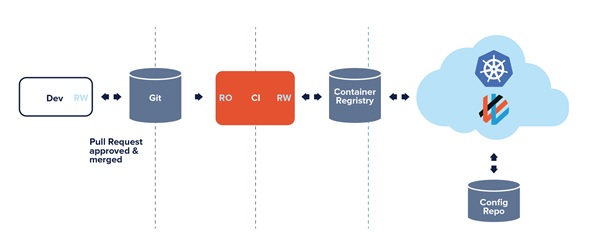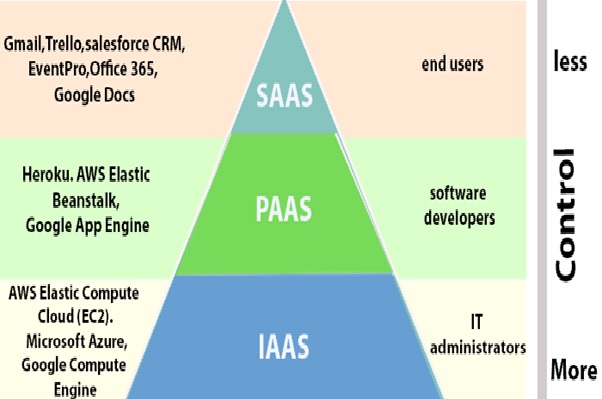Cloud Scalability-Features and Uses
Cloud scalability in cloud computing refers to the ability to increase or decrease IT resources as needed to meet changing demand. Scalability is one of the hallmarks of the cloud and the primary driver of its exploding popularity with businesses.
Data storage capacity, processing power and networking can all be scaled using existing cloud computing infrastructure. Better yet, scaling can be done quickly and easily, typically with little to no disruption or down time. Third-party cloud providers have all the infrastructure already in place; in the past, when scaling with on-premises physical infrastructure, the process could take weeks or months and require tremendous expense.
Cloud scalability versus cloud elasticity
Cloud providers can offer both elastic [1] and scalable solutions. While these two terms sound identical, cloud scalability and elasticity are not the same.
Elasticity refers to a system’s ability to grow or shrink dynamically in response to changing workload demands, like a sudden spike in web traffic. An elastic system automatically adapts to match resources with demand as closely as possible, in real time. A business that experiences variable and unpredictable workloads might seek an elastic solution in the public cloud.
A system’s scalability, as described above, refers to its ability to increase workload with existing hardware resources. A scalable solution enables stable, longer-term growth in a pre-planned manner, while an elastic solution addresses more immediate, variable shifts in demand. Elasticity and scalability in cloud computing are both important features for a system, but the priority of one over the other depends in part on whether your business has predictable or highly variable workloads.
Benefits of cloud scalability
The major cloud scalability benefits are driving cloud adoption for businesses large and small:
- Convenience: Often with just a few clicks, IT administrators can easily add more VMs that are available without delay—and customized to the exact needs of an organization. That saves precious time for IT staff. Instead of spending hours and days setting up physical hardware, teams can focus on other tasks.
- Flexibility and speed: As business needs change and grow—including unexpected spikes in demand—cloud scalability allows IT to respond quickly. Today, even smaller businesses have access [2] to high-powered resources that used to be cost prohibitive. No longer are companies tied down by obsolete equipment—they can update systems and increase power and storage with ease.
- Cost savings: Thanks to cloud scalability, businesses can avoid the upfront costs of purchasing expensive equipment that could become outdated in a few years. Through cloud providers, they pay for only what they use and minimize waste.
- Disaster recovery: With scalable cloud computing, you can reduce disaster recovery costs by eliminating the need for building and maintaining secondary data centers.
The characteristics of cloud computing
Cloud computing delivers on-demand services and resources to businesses. These include data storage and processing power [3]. They’re delivered over the internet on a pay-as-you-go basis figure1 shown below.
The ten major characteristics of cloud computing are:
- Scalability
- Security
- Economical
- Automation
- Self-service and on-demand
- Easy to maintain
- Pooling of resources
- Reporting service
- Availability and resilience
- Considerable network access

Figure 1. Cloud Scalability
References:
- https://www.netguru.com/blog/cloud-computing-scalability
- https://www.vmware.com/topics/glossary/content/cloud-scalability
- www.vmware.com/topics/glossary/content/cloud-scalability
Cite this article:
S. Nandhinidwaraka (2021), Cloud Scalability-Features and Uses, AnaTechMaz, pp. 13















